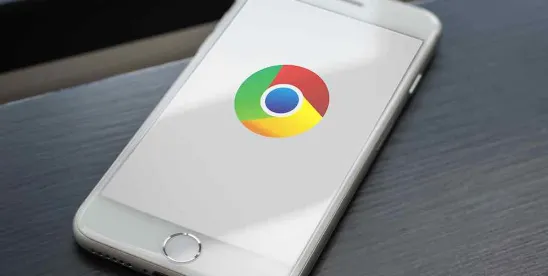It is common knowledge that a huge number of TCPA lawsuits are fraudulent– set up and manufactured by scumbag professional litigants. Then again, a huge number of unwanted calls are made as a result of fraudulent leads– set up and manufactured by scumbag affiliates.
And it is often hard to know which cases are which, especially without discovery.
I have long argued that a TCPA Plaintiff’s internet search history and text messages are absolutely subject to discovery in these “fake lead” case–i.e. case where the Plaintiff submits they did not submit the form despite evidence from a lead buyer that such a submission was made. Hence, we commonly seek and obtain such records in TCPA litigation–and the results (both in terms of sudden case dismissals and in terms of interesting finds) are incredible.
Every once in a while, however, a party will fight back and refuse to provide their texts or search histories and that’s when the courts get involved.
Well in, Davis v. Reliance, 2022 WL 17085598 (E.D. N.C. Nov. 18, 2022) a Defendant issued a subpoena to a wireless carrier to seek the Plaintiff’s call logs, text messages and browsing history for a one year timeframe during the period of the alleged consent.
The carrier originally provided only call logs and not the texts or internet search history. According to the ruling, the Court then prompted the Defendant to advise whether it was intending to compel records that had not yet been produced–weird that the Court had to ask–and the Defendant affirmed it was seeking those records.
The Plaintiff objected citing privacy grounds, but the Court disagreed finding the Plaintiff had not right to privacy in the information demanded given the fact that he was bringing a suit against Defendant. That’s a nice ruling.
That being said the Court found the Defendant was trying to pig out by seeking a year’s worth of records and cut down the request to only two days’ worth of materials:
Rather than allow Reliance to probe into a year’s worth of Davis’s personal information, the court thinks it better to narrow the rest of the T-Mobile subpoena to November 18 and 20, 2021. These are the date of Davis’s alleged consent, and the date Reliance called him.
Wow.
The two day limit imposed here is pretty tight. I suspect that if the Defendant had been a bit more tailored–seeking, for instance, a month of data (which is what we usually do) instead of a year–they likely could have obtained the whole enchilada.
Still though, this is a great ruling overall and one for TCPA defendants to keep in mind. Anytime you are facing a suit where a Plaintiff claims they didn’t visit a website, their texts and search histories are absolutely fair game. Be aggressive, and watch how quickly these cases disappear.
Chat soon.




 />i
/>i
